Catalog All books
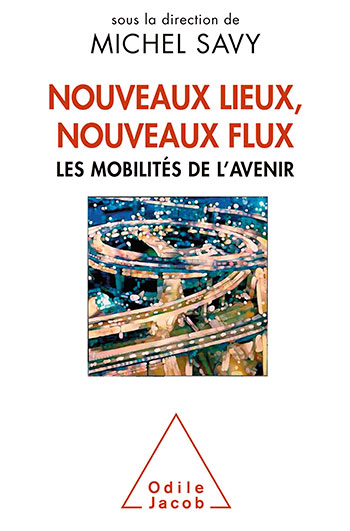
Michel Savy
New Spaces, New Movements Future Mobility
An innovative approach to such essential issues as work, housing and information
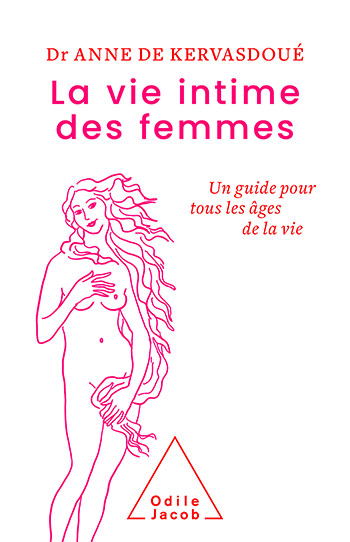
Anne de Kervasdoué
New Questions from Women Responses to 1001 questions that women ask about their health and their well-being, at every age in life
All the experience and knowledge of a gynecologist who has been listening to women for 40 years.
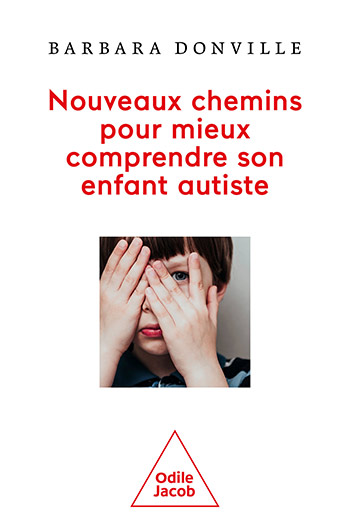
Barbara Donville
New Paths for Navigating Autism in Children
Autistic children are misunderstood because they think and act in ways that are unfamiliar to the rest of us. A therapist brings her personal experience to the subject in this profound yet practical book.
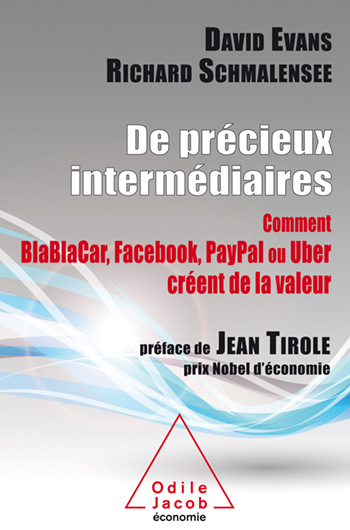
David Evans, Richard Schmalensee
The New Middlemen How Airbnb, BlaBlaCar, Uber and the rest are changing the economy
“Stimulating and rigorous, everyone — students, entrepreneurs and all those who just want to understand how our economy is evolving — should read this book.” Jean Tirole. The book masterfully articulates a strategic analysis of economic theory, making it far easier to grasp.
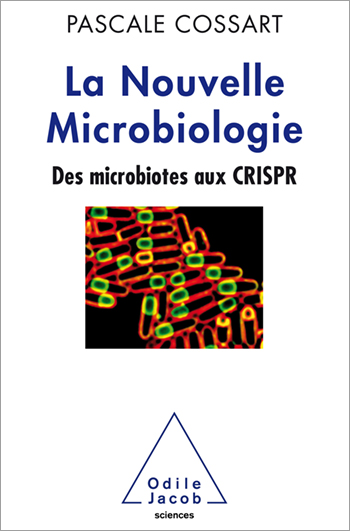
Pascale Cossart
The New Microbiology
New essential data about the life of bacteria, their resistance to antibiotics, inter-bacterial communication, etc.
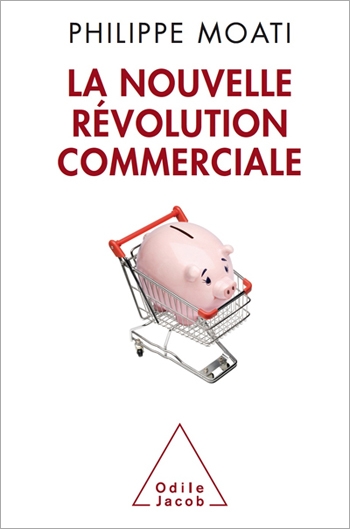
Philippe Moati
The New Marketing Revolution
Supermarkets are changing their selling tactics to focus increasingly on the customer — and in the process our daily habits are being transformed
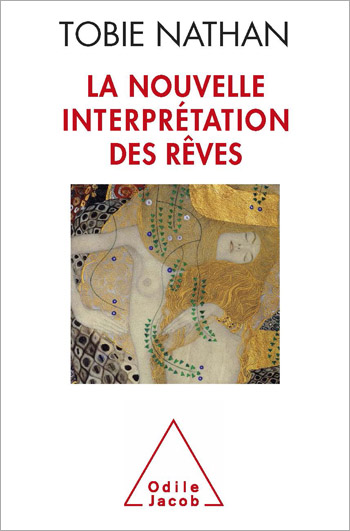
Tobie Nathan
The New Interpretation of Dreams
“A dream that has not been interpreted is like an unread letter,” according to one of the treatises of the Talmud. For a long time, it was thought that psychoanalysts were dream specialists, and Freud himself regarded The Interpretation of Dreams as his seminal work. But Freud never revised the general principles that he defined in 1899, and no psychoanalyst since then has made new propositions to the Freudian postulates concerning methods of dream interpretation. Today, the majority of researchers working on dreams are neurophysiologists, who completely exclude any notion of interpretation. So the issue remains intact and is far from being resolved. While conceding that dreams constitute a physiological reality, Tobie Nathan argues that they cannot be regarded as the hallucinatory fulfilment of the dreamer's repressed wishes, as is generally claimed. So do dreams serve any purpose? Do dreams have any meaning? Nathan returns to these age-old questions and examines them with the audacity and originality that he is known for. In the process, he draws on recent findings in the neurosciences, on the teachings of psychoanalysis — as well as on the lessons of the Talmud.

